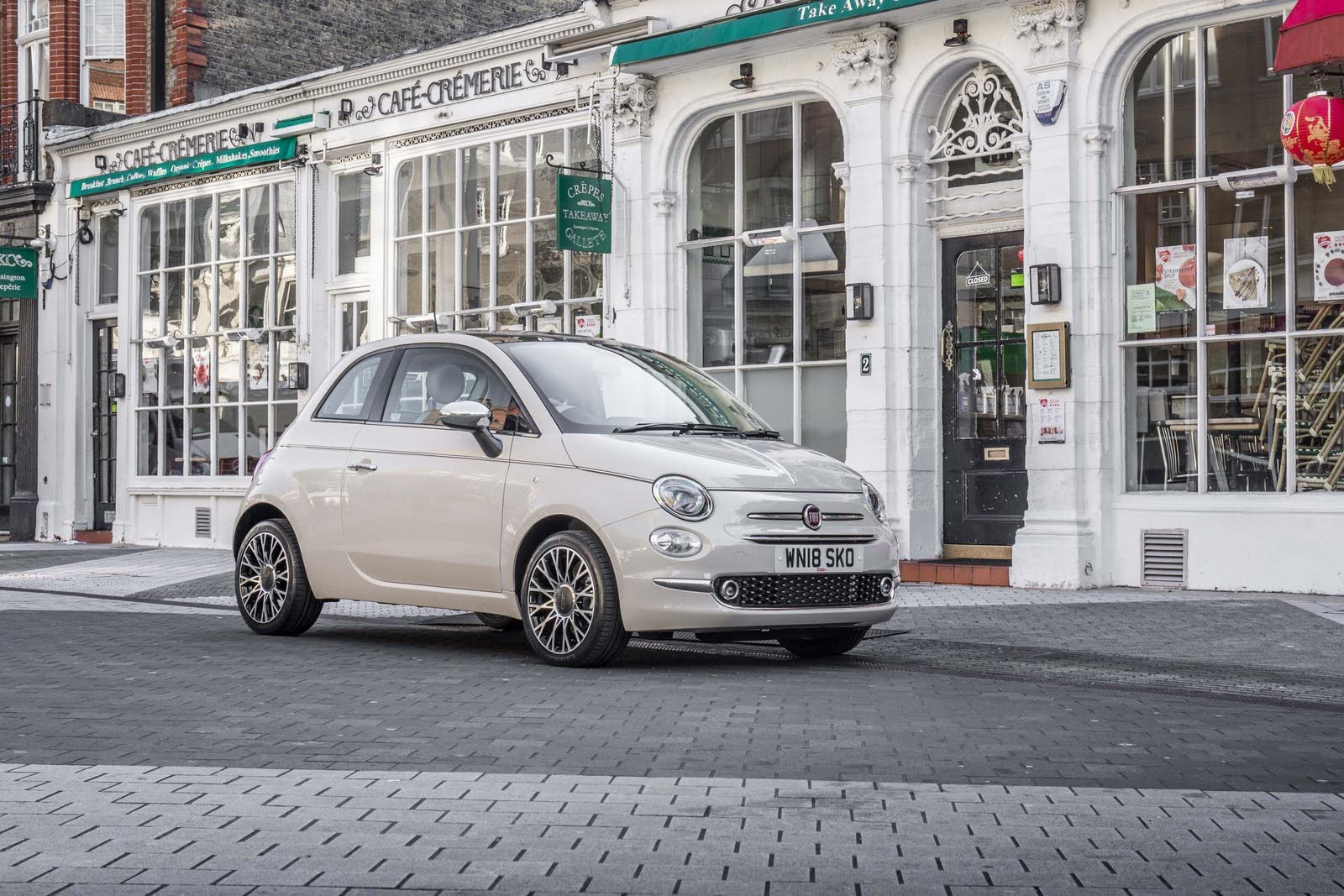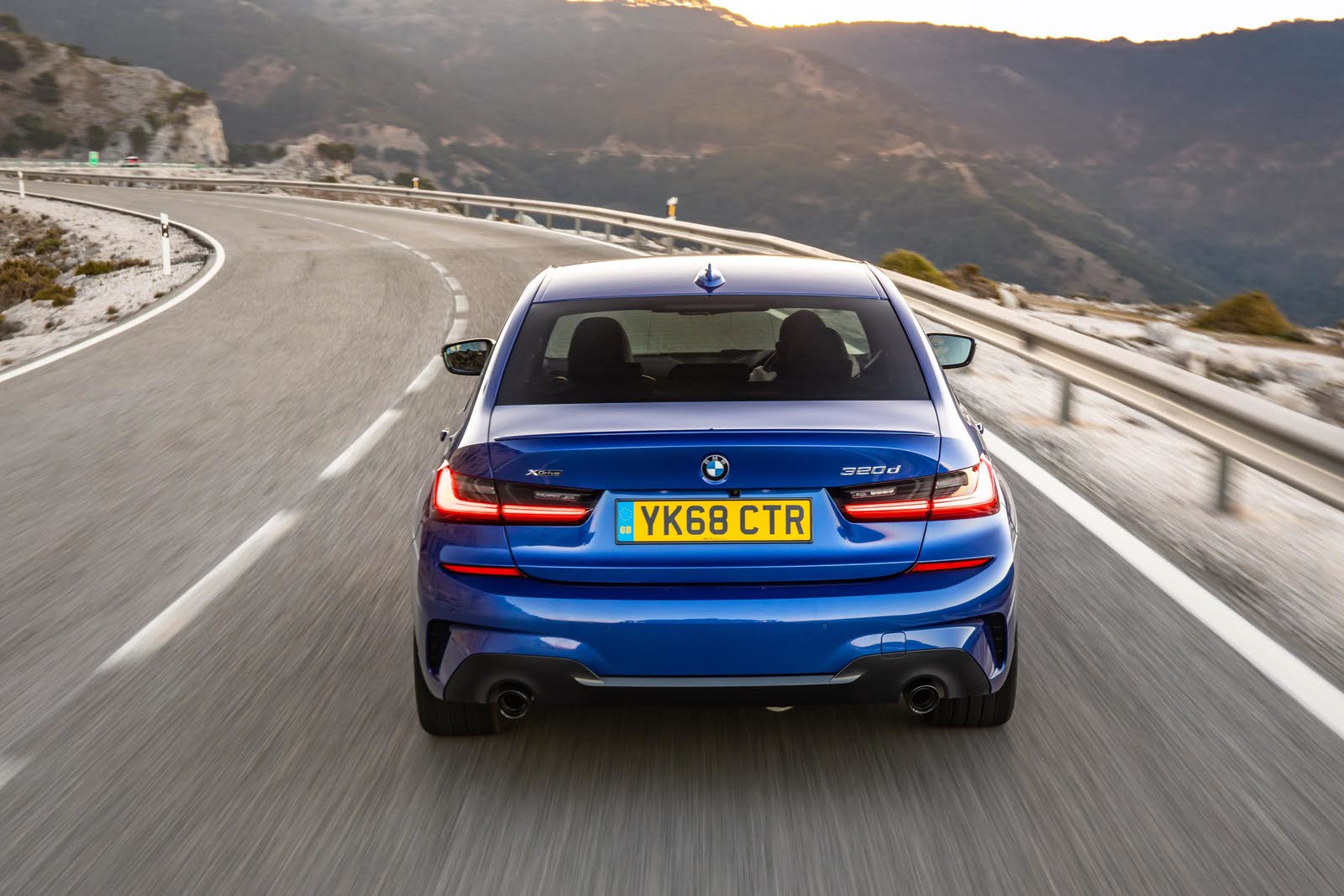As a motorist planning to drive a car in the UK, it's a legal requirement that it must be covered by a car insurance policy, which is financial protection against most car-related mishaps, from vandalism and attempted theft to car accidents.
In this CarGurus guide, we’ll explain the three different types of car insurance cover you can purchase and provide some tips to help reduce how much you’ll pay for each. GAP insurance is tricky, so we’ve covered that in another guide.
Car Insurance Explained
- Third Party Car Insurance
- Third Party Fire and Theft Car Insurance
- Comprehensive Car Insurance
- How Car Insurance Works
- What is Car Insurance Excess?
- What is a No-Claims Bonus?
- What is ‘Fronting’?
- Can I Drive Other Vehicles If I’m Insured on My Own Car?
- Tips for Lowering the Cost of Your Car Insurance

Third Party Car Insurance
The most basic level of cover for motor insurance is called Third Party. Opt for third party insurance and your insurer will pay to fix any other car or property that you might damage in an accident, as well as for any medical expenses that result if you cause personal injury to another party. However, it won't cover damage caused to your own vehicle, or costs associated with your own injuries.
Third Party Fire and Theft Car Insurance
Next up is Third Party Fire and Theft car insurance (TPFT), which, as the name suggests, includes everything associated with third party cover, but will also kick into action if you need to repair (or, if necessary, replace) your car if it suffers accidental damage or is destroyed as a result of fire or theft.
Comprehensive Car Insurance
The highest of the levels of cover available to UK drivers is Comprehensive. On top of all of the above, a comprehensive policy means the insurance company agrees to repair or replace your car if it incurs any accidental damage, from vandalism to a car park prang. Some comprehensive policies will also cover personal belongings (such as aftermarket satnavs) if somebody steals them from your car or even legal expenses.
How Car Insurance Works
You can source car insurance premium quotes directly from an insurer or go through a broker, either online or in person. The insurer will want to assess what kind of risk you represent, so you will be asked about the car you wish to insure, including the make and model and whether it's your own vehicle or, for example, a lease car.
Different cars cost different amounts to insure, and are categorised by car insurance groups, ranging from 1 to 50. These are based on various factors, including the market value of the car, its age, safety features and lots more. Be aware that different versions of the same car can often be in different insurance groups, for example if they have different equipment levels or different engines. If you are insuring a classic car it might be worth seeking out specialist insurance, which can be cheaper.
You'll also be asked about your driving history (including any convictions), whether you are a new driver, where the car will be kept at night, and what you expect the car's annual mileage will be. It’s essential to answer honestly, or your insurance could be invalidated.
New drivers, as well as young or inexperienced drivers are likely to receive higher car insurance quotes due to the higher risk level they represent, as are shoppers looking to insure high-performance cars or cars kept on the street rather than in a garage.
You will also need to declare how you intend to use the car, specifically whether it falls into the class of social use only, social use and commuting (sometimes known as SDP, or Social Domestic and Pleasure, meaning you will drive it to your place of work), or full business use.
If you have a car that you don't intend to drive on public roads, you can declare it to the Driver and Vehicle Licensing Agency (DVLA), known as a Statutory Off-Road Notification or SORN. If a vehicle has SORN status, it no longer needs car insurance. But if you then drive it on the road without registering it, you'll be an uninsured driver and breaking the law.
What is Car Insurance Excess?
Whichever level of cover you choose, you will need to agree on an excess. This is the amount of money you will be required to contribute in the event of a claim. All insurers will quote a compulsory excess, in addition to which you can add a voluntary excess. Doing so will reduce the cost of your premium, but you will have to pay out whatever excess is agreed upon in the event of a claim, so be realistic about what you can afford.
What is a No-Claims Bonus?
Each year you don’t make a claim on your car insurance, you will be rewarded with a no-claims bonus (NCB) in the form of a percentage reduction in price of your cover. This applies until you need to make a claim, at which point the no claims discount is lost and you start again. You can earn a no-claims discount on all types of cover.
You can pay to protect your NCB, so that even in the event of making a claim, the discount will remain as before. Note, however, that the price of your policy will still likely increase upon renewal, because making a claim will identify you as a higher-risk driver. All your protected NCB will do is discount the new price of the policy by the relevant percentage.
What is ‘Fronting’?
Fronting is when somebody declares himself or herself as the main user of a car when that’s not true. Often it’s committed by parents who are trying to lower the cost of cover for their teenage offspring, but fronting is in fact considered fraud and is thus illegal.
It is, however, acceptable for a high-risk individual such as a teenager to add a low-risk individual such as a parent as a named driver to their policy, provided he or she might reasonably need to use the car. To an insurer this reduces the risk of the car being involved in a claim and can thus cut the cost of cover.
Can I Drive Other Vehicles If I’m Insured on My Own Car?
Some comprehensive car insurance providers will cover the policyholder to drive other vehicles with the owner’s permission, albeit on a third-party-only basis. However, this is far from a fixed rule, so always check with your insurer first. The same rule applies if you’re planning to take your car abroad.
Do I Need to Notify My Insurer If I Modify My Car?
Yes. Anything that changes the value or performance of your car will also alter your risk profile in an insurer’s eyes, so it is important to declare it, preferably before any work begins.
Tips for Lowering the Cost of Your Car Insurance
Never automatically renew with the same provider without shopping around for quotes first. Even if you want to stay with your existing insurer, you could still reduce your insurance costs finding cheaper quotes from other providers will often persuade it to lower its price.
Consider using a telematics-based insurance provider, which uses a black box device to monitor your driving and sets the price of your policy according to how safe you’ve been. Black-box insurance can be particularly effective at reducing the cost of cover for young drivers.
Be realistic when estimating your mileage. The more you drive, the more you’re at risk of needing to make a claim, so overestimating will cause the price of your policy to increase. Be realistic about how far you drive each year, but at the same time don’t deliberately underestimate mileage just to save money, as this could invalidate your cover.
Don’t assume comprehensive cover will be the most expensive. For some insurers the simple fact you’ve selected it will suggest you are a lower risk than somebody who goes for third party only, which may therefore reduce the cost of the policy.
Some insurers will offer extra elements to their policies, such as breakdown cover, a courtesy car if you have an accident, or windscreen cover. These can provide peace of mind, but can also bump the price up, so have a think about whether they're something you want or need.






